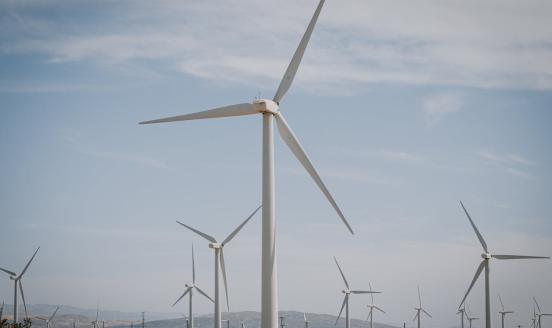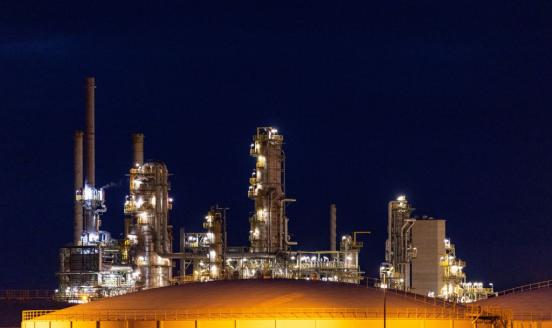OPEC's revival or swan song? First evidence from financial markets
On Wednesday, 30 November 2016, OPEC reached a milestone agreement to cut oil production by 1.2 million barrels a day in a long-awaited attempt to end
In the two days following the announcement of the deal, Brent crude - the international oil marker - jumped more than 16 per cent, from 46 USD to 54 USD.
The last time OPEC adopted a similar decision was in the midst of the financial crisis, at the end of 2008, when it cut 4.2 million barrels a day in an attempt to prevent prices, already heavily under stress, from plunging further.
It is still too early to understand how the current OPEC deal will impact the global oil market. However, a first look at the financial markets’ response to the announcement outlines two trends.
1. Evolutions of the oil price and its futures: short-term rebound vs. longer-term downturn
Figure 1 shows the Brent forward price curves before and after OPEC’s decision to cut oil production. The curves intersect around 2019. On the one hand, this twist implies that the markets expect higher oil prices in the short term than they did before the announcement, as one may predict. More interestingly, the markets’ expectations about the long-term future oil prices are now lower than before the OPEC deal. This may suggest that markets are already factoring in the assumption that higher oil prices will attract new investments in the short term, thereby leading to higher production and lower long-term future prices than previously expected.
Figure 2 shows the recent evolutions of Brent price and its futures contracts, all indexed at 29 November - the day before OPEC’s announcement. Short-term futures have jumped almost as much as the Brent price, but long-term futures have barely increased. According to these figures, markets do not seem to trust a long-term structural impact of OPEC’s decision on the oil market.
2. European energy equities: a short-lived rebound for oil and gas companies
Figure 3 shows the equity prices of the major European energy companies over the last ten days, again all indexed at 29 November. OPEC’s decision had a different impact on the two key compartments of the energy industry - oil and gas companies and utilities. Utilities have not been reshaped by the OPEC deal, while oil and gas companies surged on average by 6%, thanks to the rapidly rising oil prices. However, two days after the deal, oil and gas equities have already provided the first signs of retreat.
In short, the evolutions of both the oil prices and the energy equities seem to indicate markets’ lack of confidence about the potential structural nature of the OPEC deal on oil markets. Their caution can well be justified by the fact that the effectiveness of the deal depends on the commitment of non-OPEC members (such as Russia) to cut output. This point should be clarified on 9 December, when OPEC plans to hold a meeting with non-OPEC producers to coordinate the production cuts. Until that meeting it will be difficult to understand whether the 30 November deal represents a historical OPEC revival, or just its swan song.



